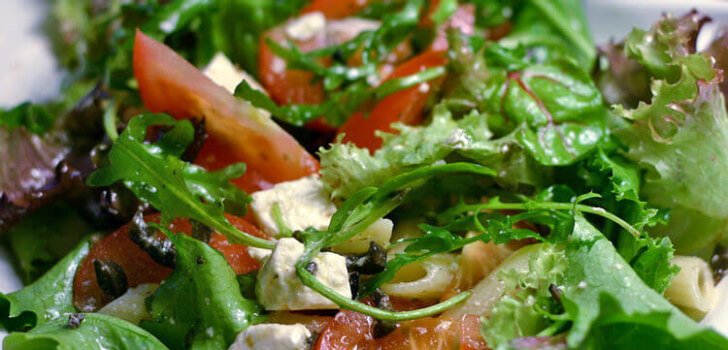Vegetarians take note – eating lettuce leaves more of a carbon footprint than eating bacon, according to a new report from Carnegie Mellon University.
The report says nibbling on a light salad rather than a bacon loaded sandwich actually increases “energy use, water use and greenhouse gas (GHG) emissions”.
A research team from the university studied the U.S. Department of Agriculture (USDA) Dietary Guidelines “intended to help individuals achieve and maintain healthy weight.” Specifically, they studied how growing, processing and transporting various foods, their sale and their household storage and use take a toll on energy use, water use and GHG emissions.
Team members Paul Fischbeck, Chris Hendrickson, and Michelle Tom found the USDA advice “to consume more fruits, vegetables, dairy and seafood is more harmful to the environment because those foods have relatively high resource uses and greenhouse gas (GHG) emissions per calorie”.
This diet increased GHC emissions by six percent, water use by 10 percent, and energy use by a whopping 38 percent.
Fischbeck says, “Eating lettuce is over three times worse in greenhouse gas emissions than eating bacon. Lots of common vegetables require more resources per calorie than you would think. Eggplant, celery and cucumbers look particularly bad when compared to pork or chicken.”
He says the researchers found those who did not want to change diet completely but wanted to make an environmental statement by their eating habits, could simply cut down on how much they ate as this “has a positive effect on the environment and reduces energy use, water use and GHG emissions from the food supply chain by approximately nine percent”.
Study co-author Michelle Tom says the relationship between diet and the environment is complex.
“What is good for us health-wise isn’t always what’s best for the environment. That’s important for public officials to know and for them to be cognizant of these tradeoffs as they develop or continue to develop dietary guidelines in the future,” says Tom.
